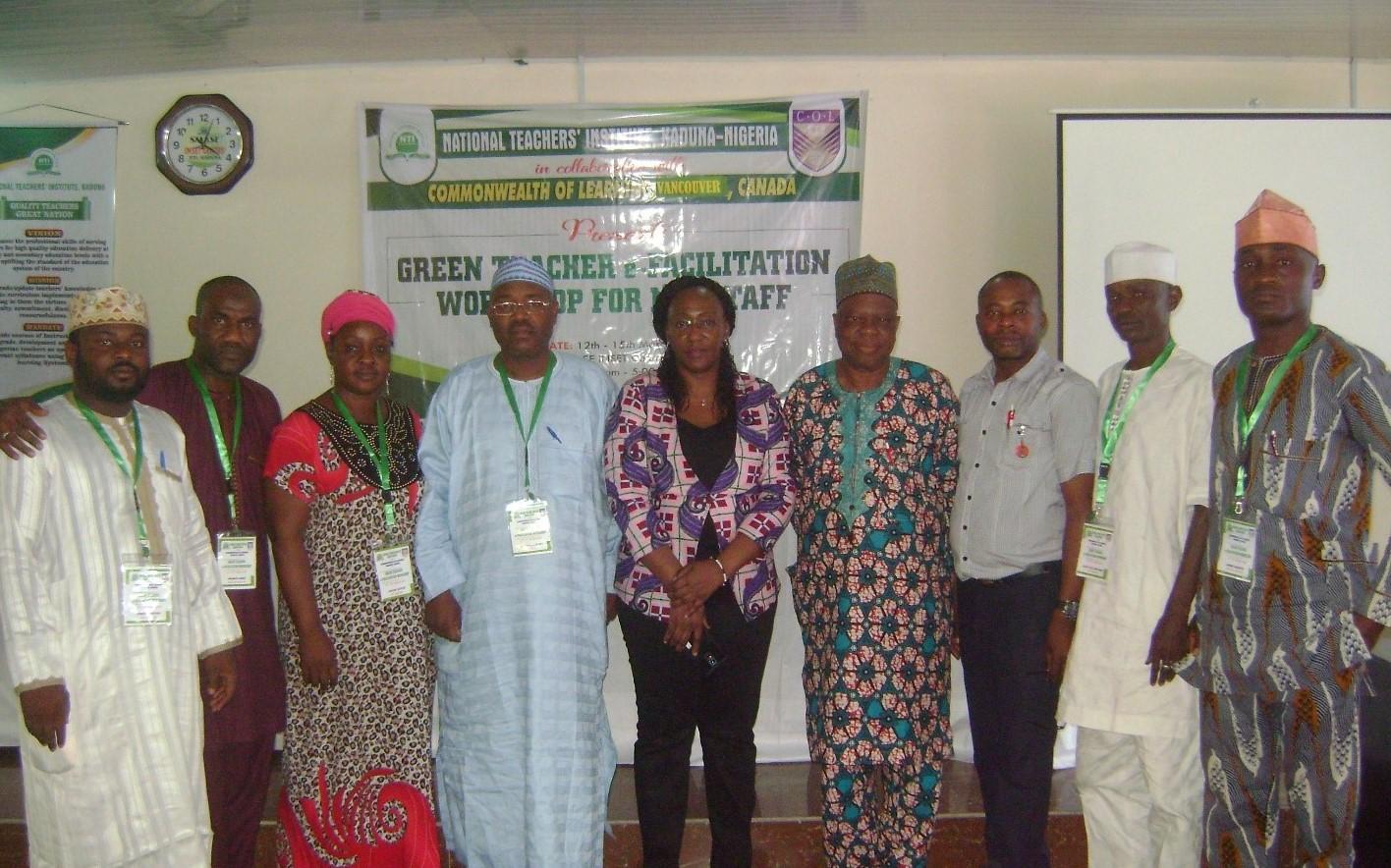Editorial
That FG’s Package For Teachers

Smarting from this year’s World Teachers Day celebration, a day dedicated to celebrating
teachers for their contributions to the development of society, Nigeria’s President, Muhammadu Buhari, recently announced a special package for the country’s beleaguered teachers.
In announcing the package, Buhari approved a special salary scale for basic and secondary school teachers, including provisions for rural posting allowance, science teachers allowance and peculiar allowances.
The package includes a special teacher pension scheme to enable the teaching profession retain its experienced talents, extension of teachers service years from 35 to 40, automatic employment for graduates of education, reintroduction of bursary award to students in universities and colleges of education, building of low-cost houses for teachers in rural areas, and sponsorship of teachers to, at least, one refresher training per annum.
In addition, the annual presidential teachers and schools awards have been expanded to cover more categories with outstanding winners to be considered for national awards and National Productivity Order of Merit (NPM) awards.
More still, prompt payment of salaries and other emoluments including consideration for first-line charge in annual budgets, timely promotion of teachers to eliminate stagnation, provision of loan facilities, free tuition and automatic admission for biological children of teachers in their respective schools.
For a profession that has been so denigrated to the point that a teacher’s reward is derisively said to be in heaven, these obviously fundamental and far-reaching incentives would, no doubt, motivate teachers, restore their lost glory, and galvanise teachers into repositioning primary and secondary education to the ultimate and maximum benefit of pupils, students and the society at large.
Like Buhari stated, the implementation of the new policies will certainly attract the best brains into the teaching profession and encourage teachers in delivering better services that would produce quality students who would, in turn, contribute to national development. What this means is that the education system will now produce the much-needed skills and manpower that would set the country on the path of industrialisation.
There is no gainsaying the fact that teachers deserve even more than what the Federal Government has rolled out for them, considering their pivotal role in moulding our children who are the leaders of tomorrow.
It is common knowledge that teachers exert a lot of influence on their students because learners spend more time in school than at home except during holiday period and the prevailing unusual situation that the coronavirus (COVID-19) pandemic has foisted on everyone.
Apart from waking up very early after lateness to bed daily for the sake of other people’s children, teachers even play the role of nannies – in the case of kindergartens and crèche – and ensures that students imbibe lessons taught, and are generally happy.
The rampaging Covid-19 pandemic which has left in its trail a deleterious impact on virtually all facets of human life has not been kind to teachers.
The hardest hit are private school teachers who remained unsalaried for about six months that schools were closed. Many lost their jobs just as some private school proprietors opted out of the sector, with some converting their classrooms to accommodation for people to rent. Some school owners even sold their properties off.
For that, The Tide believes that teachers in the country deserve every encouragement now for their resilience and for coping with new developments in the education sector brought about by the outbreak of COVID-19.
Thus, the Federal Government’s reprieve for teachers, albeit long overdue, could not have come at a more auspicious time.
Good and commendable as the Federal Government’s package to teachers appear to be, not a few Nigerians, including the Rivers State Governor, Chief Nyesom Wike, think that government was hasty about it.
They argue that the Federal Government should have consulted widely before arriving at the implementation of the policies, given the lean purse of states already worsened by their dwindling revenues arising from the fatal impact of the Covid-19 pandemic.
They further argue, just as Wike had persistently maintained, that unless the present revenue sharing formula is tremendously improved upon in such a manner that states are given enough respite, the new policies would be difficult to implement in the states considering the huge financial outlay involved. The Tide agrees no less.
While the new package is expected to enthrone a culture of competence, commitment, discipline, increased learning, and better service delivery in the nation’s education sector howsoever, it behoves the Federal Government to speedily address the present system of inequitable fiscal federalism to avoid unnecessary hiccups in its implementation in the states.
Editorial
AFCON ’25: Bravo, Super Eagles, But…

Editorial
Fubara: Celebrating A Leader At 51

Editorial
Beyond Accessing Bonny By Road


